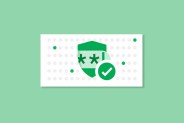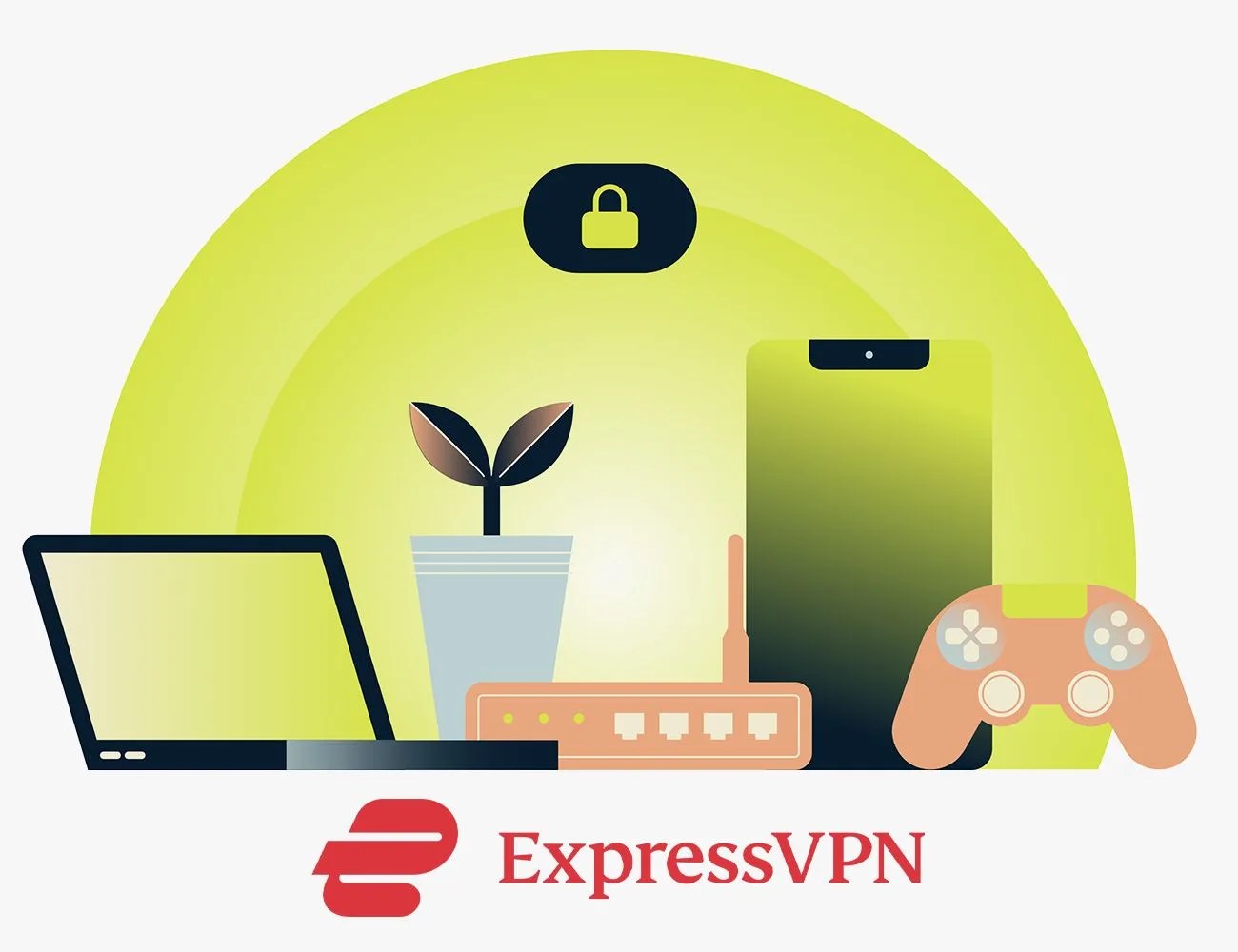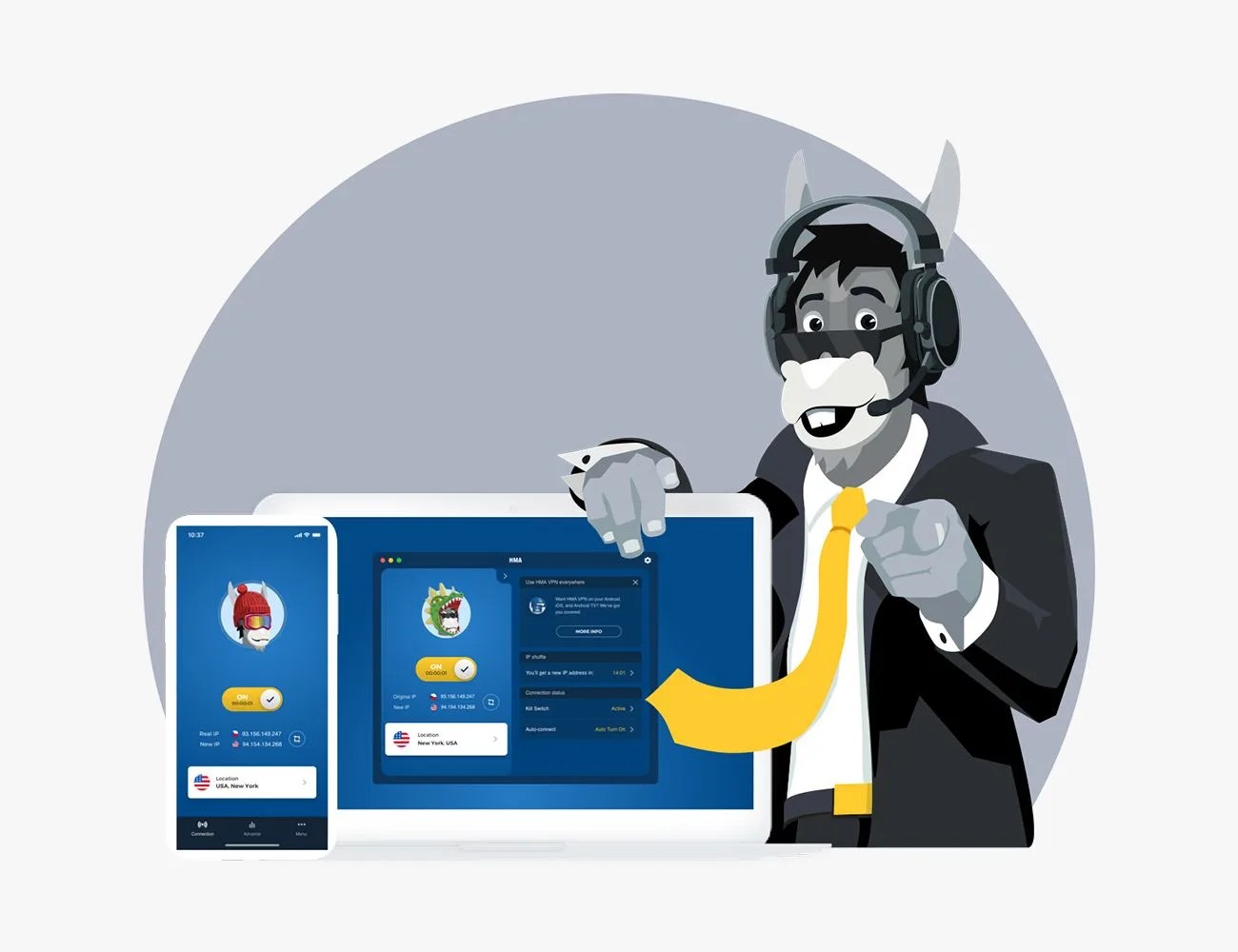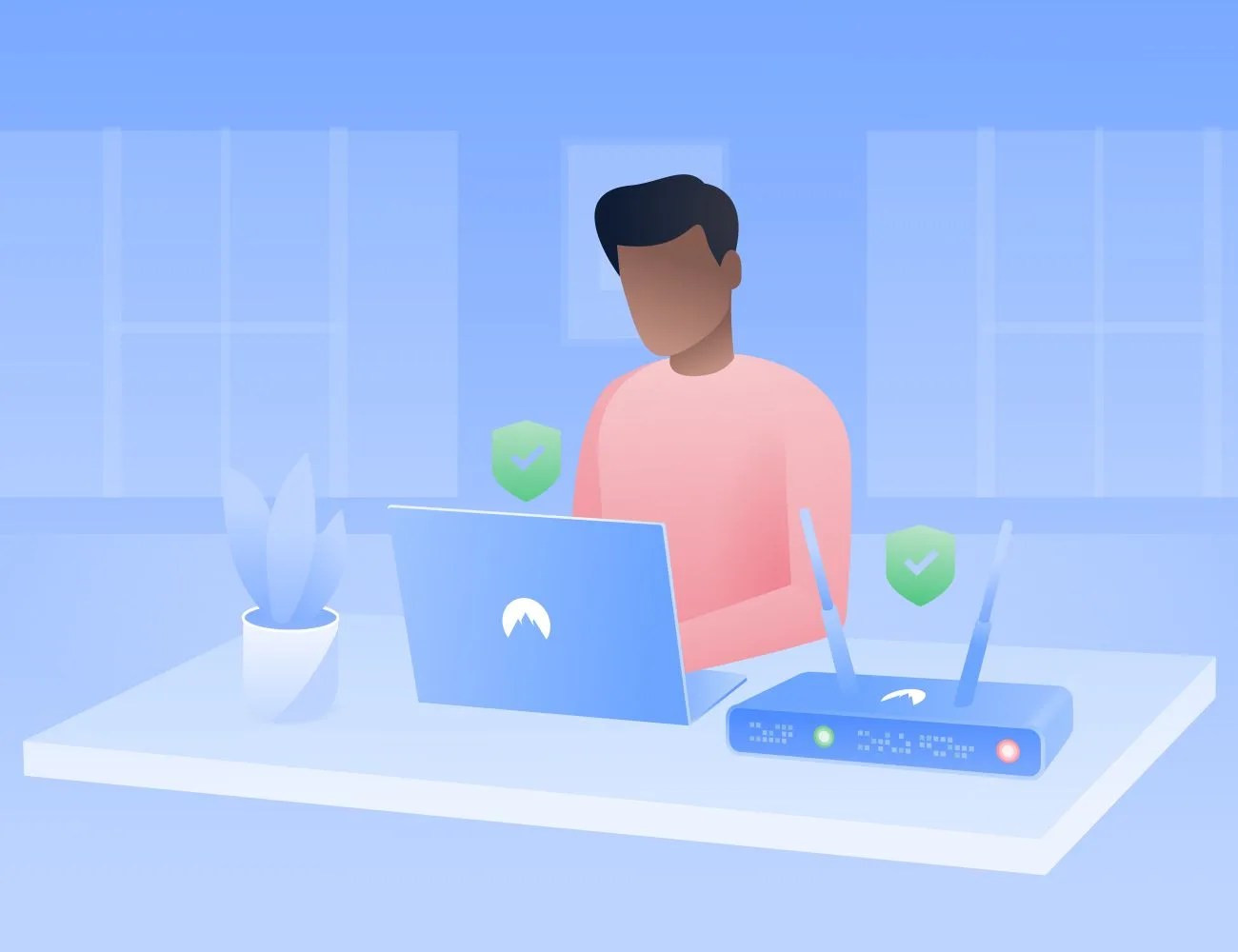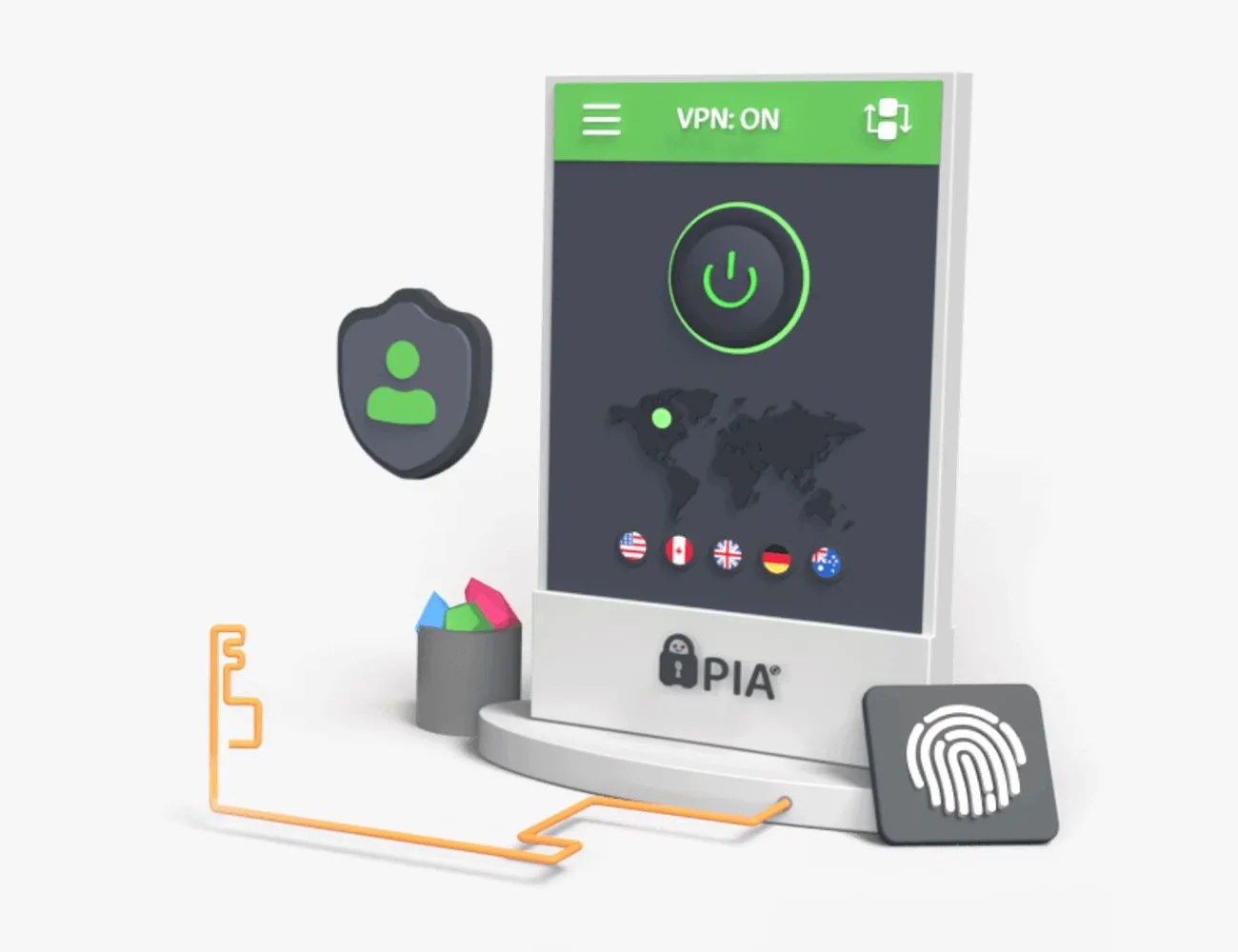The coffee shop’s free Wi-Fi seemed safe and the double-espresso hit the spot. Unbeknownst to you and your fellow caffeinistas, however, the hipster in the corner hiding behind his notebook had hacked into the Wi-Fi data stream, collecting credit card numbers, email passwords and who knows what else. Damn.
With cybercriminals hiding behind every server, the safest way to surf is to use a Virtual Private Network (VPN). Instead of your most precious secrets traveling over the open Internet, a VPN scrambles the data traffic through encryption so that only you and the server at the other end can read it.
What Is a VPN?
As its name implies, a VPN is a virtual private network. It’s Virtual because it exists only in cyberspace; it’s Private because everything that enters and leaves your computer is encrypted, making it a secure Network. It can keep your communications secret in places like China and Russia, where digital eavesdropping is close to a national pastime.
Got secrets? Check into the company’s location and logging policy because if the VPN provider logs usage and is US-based, the National Security Agency and others can snoop. Using the right VPN can not only secure your communications but can provide peace of mind that your data and identity are out of the reach of prying eyes.
Using a VPN can also let you appear to be anywhere in the world that has a VPN server to connect with, allowing the streaming of content in unapproved places. While traveling in China, Azerbaijan and other places, I’ve logged onto a US-based VPN server to watch Hulu and Netflix programs rather than the hotel’s lame pay-per-view movies. To the servers, I appeared to be in the U.S. and able to stream content.
Considering subscribing to a VPN service? The good news is that there are hundreds of them available. That’s also the bad news because they all do the basics. Look for those with client software for your computer, phone and tablet, VPN servers in a wide variety of places and a price you can afford.

